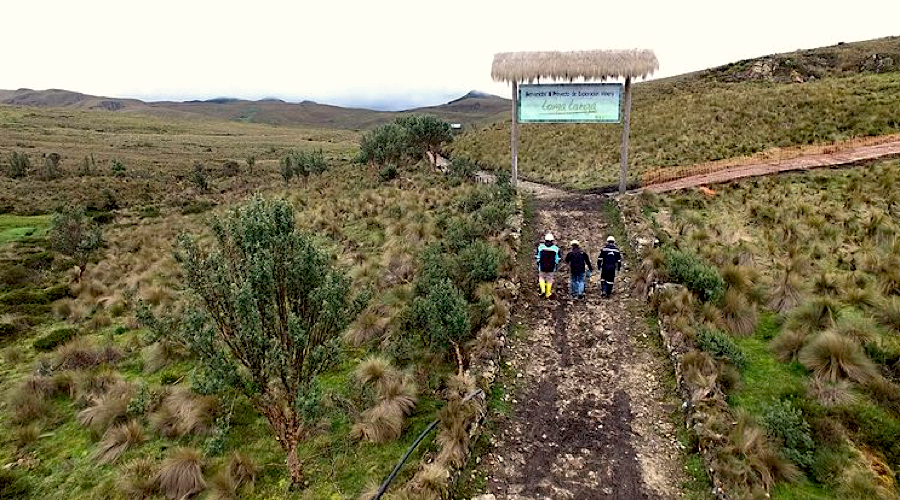
The city, the country’s third largest, pushed last year for the referendum on whether or not communities could decide the fate of mining projects in the area.
More than 80% of the electorate voted this week in favour of the mining ban.
Ecuador’s highest court handed the community a victory, allowing them to set a date to vote. The ruling made clear locals could only have their saying on mining rights not yet granted, not on licensed projects.
More than 80% of the electorate voted this week in favour of the ban, which proponents argue reinforces “the rights of Nature”, guaranteed by the country’s 2008 Constitution.
The result of the referendum is legally binding, meaning the Ecuador’s next president will have to implement it.
The country is headed toward a presidential runoff in April, as the results of this month’s elections remained disputed.
Left-wing indigenous candidate Yaku Perez, an environmental lawyer, won 19.38% of the vote in the February 7 election. That’s just 33,000 votes behind his second-placed rival, right-wing former banker Guillermo Lasso.
Perez, an open opponent of mining near watersheds, alleges there was fraud to keep him out of the run-off. He was narrowly displaced by Lasso from second to third place in the middle of the count, now halted.
More than 40 projects in limbo
While there are no big mines operating in the area yet, the popular vote’s results could derail more than 40 copper, gold and silver concessions.
“That’s debatable” mining lawyer Xavier Andrade told Bloomberg News last week. “Who will carry out exploration if you won’t be able to recover the investment? (…) This will all end up in another legal battle before the Constitutional Court,” he said.
Ecuador has gained ground as a mining investment destination over the past two years, but opposition to the extraction of the country’s resources could thwart the government’s plan to attract $3.7 billion in mining investments by 2022.
Last year, mining in Ecuador generated $810 million in exports, $430 million in taxes and $374 million in foreign direct investment.




